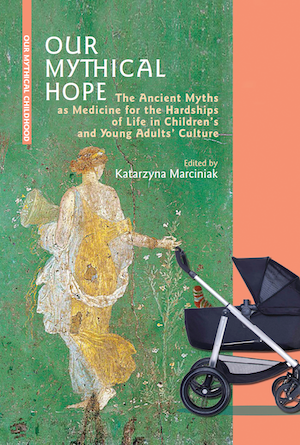When Is a Robot a Human?
When Is a Robot a Human?
Hope, Myth, and Humanity in Bernard Beckett’s "Genesis"
Author(s): Babette Puetz
Subject(s): Pre-WW I & WW I (1900 -1919), Interwar Period (1920 - 1939), WW II and following years (1940 - 1949), Post-War period (1950 - 1989), Transformation Period (1990 - 2010)
Published by: Wydawnictwa Uniwersytetu Warszawskiego
Keywords: ancient philosophy; artificial intelligence; Plato; republic; Noble Lie; Bernard Beckett; social engineering; historical revisionism; myth; humanity
Summary/Abstract: This chapter discusses the role of hope in Bernard Beckett’s New Zealand young adult novel "Genesis" (2006). It looks at how the author employs allusions to ancient myth and philosophy (Plato) to place the topic in a wider context, in particular to shed light on the notion of false hope. Mainly, this chapter focuses on the novel’s protagonist Anax’s (false) hope, as expressed in her uncritical belief in her state’s ideology. It also explores the crucial part which myth plays in creating this false hope and how hope, in combination with myth, is employed by the author to give readers the misleading impression that Anax is human, rather than a robot. "Genesis’s" allusions to ancient myths help its readers place Anax’s and Adam’s (a human character) views and actions into a wider context and understand how hope, as an emotion which is central to our humanity, has always been a decisive motivator for human decision-making (both on the personal and on the state level) and for cultural progress, and will still be in the future.
Book: Our Mythical Hope
- Page Range: 471-490
- Page Count: 20
- Publication Year: 2021
- Language: English
- Content File-PDF

